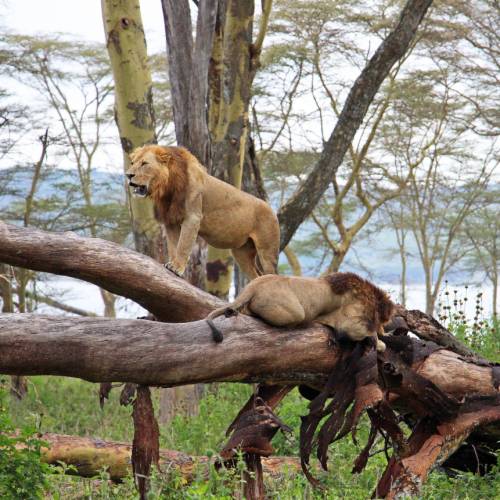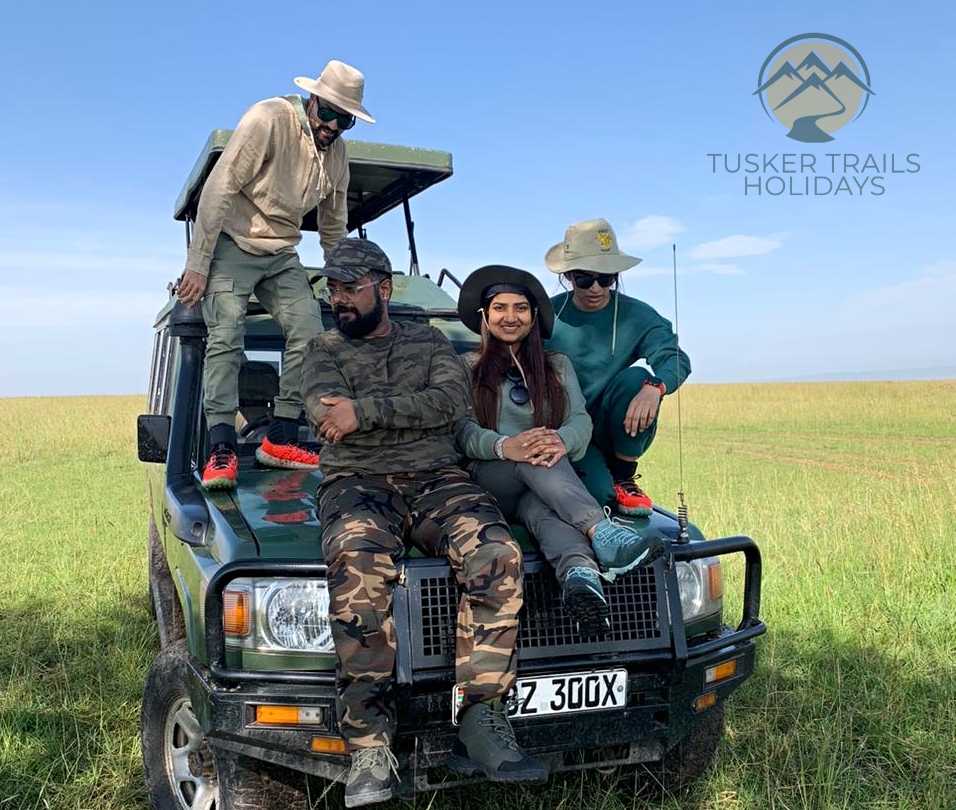For a hassle-free and enjoyable vacation in Mombasa Kenya it is crucial to comprehend the available transportation options. Here are the primary choices for transportation:
1. How do I get to Mombasa
Moi International Airport serves as the principal airport in Mombasa. It is a hub for both international and national flights. A number of major airlines offer flights to and from Mombasa.
By Train By Train: The Madaraka express, which is operated by Kenya Railways provides a comfortable and modern train service from Nairobi to Mombasa.
Bus: There are many bus companies that offer service between Mombasa (Kenya) and other cities that are major, such as Modern Coast Bus and Coast Bus.
2. Local Transportation in Mombasa
Taxis are easily accessible. Uber and Bolt ride-hailing service are available in Mombasa.
The three-wheeled vehicle is an affordable and convenient way to get around the city. They are ideal for trips of a short duration.
Matatus are minibuses with an shared driver. They follow a particular path. They're the most well-known form of public transportation. Although they are a cheaper option, they can also be crowded and uncomfortable.
Boda-bodas: Motorcycle taxis are also readily available for speedy and simple travel, especially for shorter distances or in areas that have heavy traffic.
3. Car Rentals
Self-Drive Car rental is offered at airports and within the city. Car rental companies, both international and local, offer a wide range of automobiles. Be aware of the local traffic and driving laws.
Chauffeur-driven services are available for those who do not wish to drive.
4. Ferry Services
Likoni Ferry The ferry connects Mombasa's Island to the mainland's southern end of the city. It is necessary for pedestrians to reach the beach in the south. Cars pay a cost.
5. Excursions and Day Trips
Tour Operators provide excursions to popular tourist destinations, such as Mombasa Marine National Park Fort Jesus and nearby beaches Diani and Nyali. The tours typically include transportation.
Public Transport: Individual travellers are able to use a matatus combination of tuktuks and taxis to get to various places of interest.
6. Cycling and walking
Bicycle Rentals: Some regions, including along the coastline provide bicycle rental services to explore the area at leisure.
Walking is feasible at some places in Mombasa. This includes Mombasa's Old Town and the areas along the beach.
7. Tips for Travelers
Avoid public transportation after midnight, and select only trustworthy taxi companies. Keep an eye on your belongings.
Negotiation is crucial for taxis and taxis and. Meters aren't used often.
Traffic: Be prepared to deal with a lot of traffic at peak times, especially near the Likoni Ferry.
You'll be able to enjoy a relaxing and stress-free journey to Mombasa when you know the possibilities in transportation and make proper arrangements. See the most popular kenya tours and safaris Wasini Watamu for more recommendations including trips to kenya africa, afri safari, mombasa tours, africa tours, mombasa travel agency, africa safaris and tours, mombasa beach kenya, mombasa tour packages, african safari kenya, cheap kenya safari packages and more.

What Are The Culture Sensitivity Concerns That I Should Be Aware Of While On Vacation In Mombasa Kenya?
If you are planning to visit Mombasa, Kenya, being sensitive to the local culture is vital for ensuring respectful interactions with local people and enhance your travel experience. Consider these key factors:
1. Please adhere to local dress codes.
Mombasa is home to a significant Muslim population. It is respectful to dress modestly, particularly when in public areas including religious places, as well as neighborhood areas. This means that you need to be sure to cover your shoulders, chest knees, legs, and shoulders.
Beachwear. Swimwear may be worn at the beach but should be covered if you visit nearby shops or restaurants.
2. Religious Sensitivity
Mosques: Ask permission before visiting a mosque and wear modest attire. Women should cover their hair and take off their shoes.
Prayer Times: Make sure to be aware of the five times for prayer each day and show respect in them, especially if they are close to an Islamic mosque.
3. Photography Etiquette
Permission: Request permission prior to taking pictures of people in traditional or rural environments. People who are uncomfortable may believe that the photographs are invasive.
Avoid taking photos at sensitive locations like military bases, government buildings, and places of worship that could restrict photography.
4. Social Interactions
It's important to greet others courteously. The most commonly used greeting in Swahili is "Jambo" meaning"Hello. For Muslim women, it is considered appropriate to wait until they have extended their hands before they greet, or to simply greet verbally.
Respect your privacy. Be aware of physical contact.
5. Cultural Norms and Taboos
Public Displays Of Affection Avoid publicly displayed displays of affection because they are frowned upon.
Left Hand Usage - Traditionally the left hand was regarded as dirty. Use your right hand to do eating, greeting, and exchanging money or goods.
Feet: exposing the soles of your feet, or showing your feet to people is considered disrespectful.
6. Language and Communication
Basic Swahili: Learning a few fundamental phrases in Swahili can go a long way in creating respect and building relationships with locals. Some common phrases are "Asante", "Habari" as well as "Thank you". ).
Politeness. Engage in conversation with respect and patience. Kenyans are adamant about respectful and courteous interactions.
7. Respect local customs
Traditional Traditions: Follow traditional ceremonies and practices. Follow the instructions of your hosts when attending an event.
Bargaining: Bargaining is common at local markets and in shops, but do so respectfully and with a sense of humor. It is a cultural tradition and not a threatening one.
8. Alcohol and Smoking
Consumption: Alcohol is available however it should be consumed in a discreet manner especially in predominantly Muslim regions. Avoid public drunkenness.
Smoking is usually not permitted in public areas. Smoking areas are usually designated.
9. Environmental Respect
Cleaning up litter: Take care to dispose of waste correctly and avoid littering. Take care to respect wildlife and natural areas.
Conservation: Be respectful of local wildlife, habitats, and conservation efforts. Avoid buying products made from endangered species.
10. Supporting Local Communities
Local Businesses: Encourage local business, artisans and markets to contribute positively to the local economy.
Responsible Tourism: Take part in responsible tourism by selecting eco-friendly and community-based tourism options that benefit the local population.
By considering these cultural sensitivity guidelines, you will have a more meaningful and pleasant experience in Mombasa and increase your understanding and appreciation for the culture of Mombasa. Follow the best kenya safaris Afrika for site recommendations including kenya beach and safari holiday, kenya safari and beach, safari trips in africa, kenya safari packages, kenya tours and travel, kenya safari tours, safar kenya, safari excursions, mombasa safaris kenya, kenya safari packages and more.

What Environmental Responsibilities Do I Must Be Aware Of While I Am In Mombasa, Kenya?
It is vital to be environmentally responsible while traveling in Mombasa. This will ensure the beauty and diversity of the region. Consider these environmental responsibilities:
1. Sustainable Accommodation
Eco-friendly Hotel: Choose hotels that have a commitment to sustainability. Find eco-labels, such as Eco-Tourism Kenya.
Resource Conservation: Participate in hotel initiatives to save energy and water. Reuse linens, towels and towels. Also, shut off the lights and air conditioner when not needed.
2. Responsible Wildlife Viewing
Respect wildlife: Stay away from them to avoid disturbing. Follow the instructions given by your tour guide.
Don't feed animals. This could make them change their normal diet and behaviour.
Leave No Track. Don't litter in Wildlife Reserves or Parks. Take all your trash along with you, and then dispose of it properly.
3. Plastic Reduction
Beware of plastics that are intended for single use. Keep a water bottle that is reusable or shopping bag as well as tools.
Encourage local initiatives in your area. Take part in or support local beach cleanup efforts and other organizations that work to lessen the impact of plastics on our oceans.
4. Water Conservation
Make use of water wisely: Mombasa experiences water scarcity issues. Switch off the water taps and take shorter showers.
Eco-Friendly Product: Reduce water pollution through the use of biodegradable, sustainable products.
5. Energy Conservation
Reduce energy consumption: limit the use of air conditioning and disconnect electronic devices when they are not in use.
Help support renewable Energy Choose hotels and tour operators who use renewable sources of energy.
6. Sustainable Transportation
Public Transportation: If possible reduce your carbon footprint using public transportation, like buses and matatus.
You can consider walking or renting bikes to travel short distances. There are some areas that offer eco-friendly tuktuks.
7. Helping to support local economies
Buy Local: Contribute to your local economy by buying products and food items from local vendors and artisans.
Fair Trade: Select items that have been certified as fair trade in order to ensure that local producers receive fair compensation.
8. Environmental Education
Learn and share: Learn about the environment in your area and conservation initiatives. You can share what you have learned with other people to increase awareness.
Respect local culture: Learn and follow the traditions and customs of your community with respect to conservation of the environment.
9. Marine Conservation
Responsible Snorkeling and diving: Avoid touching or stepping onto coral reefs. Protect marine life by using sunscreens that are safe for reefs.
Never dispose of waste into the ocean. Take part in or support marine conservation programs.
10. Ethical Souvenirs
Avoid products from wildlife Avoid purchasing products made from endangered species like ivory or tortoiseshell.
Sustainable Materials: Purchase products made of recycled materials or sustainably produced.
11. Take part in conservation efforts
Volunteer: You can sign up to support local conservation efforts, or tourism-related initiatives.
Support local conservation groups and NGOs that work to protect the environment.
12. Responsible Travel Policies
Travel in small, intimate groups to minimize environmental impact.
Eco-Tours: Choose tour operators who follow green practices and are committed to sustainability.
Be aware that these responsibilities can help you protect Mombasa's valuable natural resources and preserve the beauty and diversity of the area for future generations to come. Take a look at the best best holiday destinations in kenya for more advice including mombasa tour companies, trips to kenya, kenya tours, kenya holiday packages, afri safari, safari a nairobi, kenya tours and safaris, tours and safaris, africa safaris and tours, tour agents in kenya and more.
